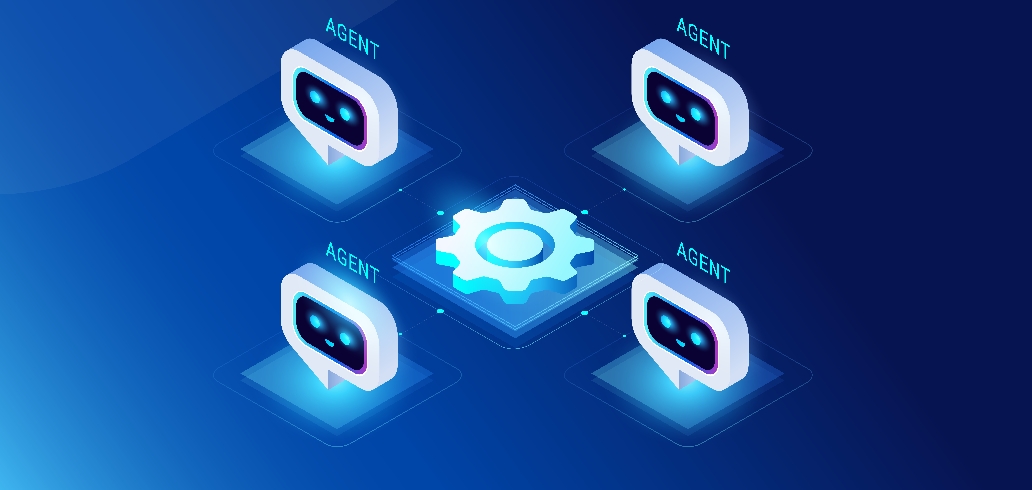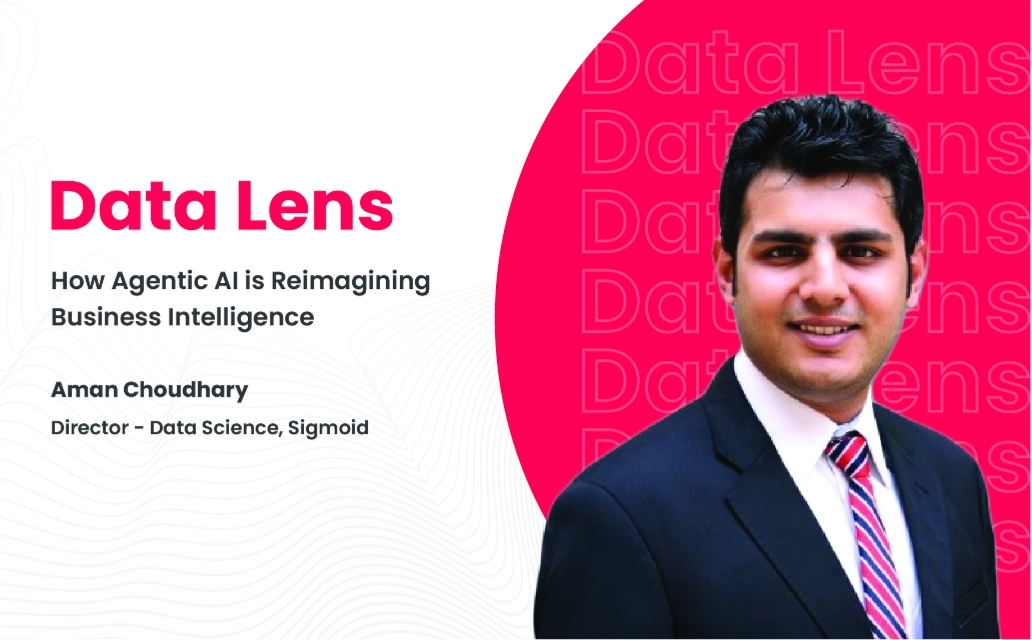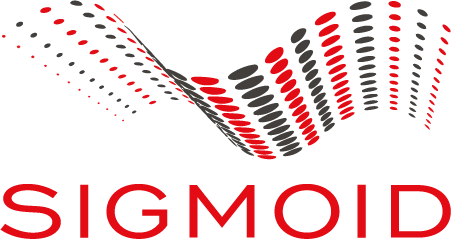Sigmoid’s Agentic AI services help enterprises move beyond static automation with goal-oriented agents that collaborate and adapt in real time, improving operational efficiency by over 50% across functions.
What we offer

Agentic AI Consulting
We help enterprises accelerate Agentic AI and GenAI adoption. Our consulting services span platform evaluation, automation strategy, and architecture planning. At the core is RAPID, our proprietary framework that provides the backbone to scale AI agents for business functions.
Key focus areas:
-
Evaluate agentic platforms to align with enterprise needs
-
Define automation and human-AI augmentation strategies
-
Design scalable AI systems with the RAPID framework

Custom AI Agent Development
We build custom AI agents tailored to your domain, tasks, and operational environment. Whether it’s a co-pilot for sales, a research assistant, or an accelerator for workflow optimization, our development process leverages AI agent frameworks to ensure domain-aligned intelligence, adaptability, and ease of integration.
Key focus areas:
-
Build domain-specific, context-aware agents
-
Develop task-based agents for research, extraction, and interaction
-
Integrate with apps, APIs, and business workflows

Ready to Deploy AI Agents
We offer pre-built, enterprise-grade AI agents powered by DSLMs that are production-ready and customizable. Designed to solve common business challenges, they accelerate deployment and minimize the need for ground-up development. Built on our RAPID framework, they’re modular, extensible, and integration-ready.
Key focus areas:
-
Plug-and-play AI agents for business needs
-
Quick customization for the domain and workflows
-
Seamless integration with enterprise systems

Multi-Agent AI Systems
We design systems where multiple AI agents collaborate to solve complex enterprise workflows. They deliver faster execution and resilient processes across functions by aligning agent roles, protocols and control logic with business objectives.
Key focus areas:
-
Coordinated agents for complex enterprise workflows
-
Seamless communication and task delegation across agents
-
Robust data governance, monitoring, and safety controls for multi-agent environments
AI agents by industry
Product Recommendation agent
Recommends product ingredients based on consumer feedback, enabling quicker product development aligned with market demand.
Marketing Content at Scale
Creates insight-driven marketing content at scale for campaigns across products with rapid content generation.
Product Claims Generation
Generates compliant product claims from consumer feedback to support faster marketing approvals.
Social Sentiment Analysis
Analyzes social media data to extract sentiment, identify emerging trends, and surface product feedback in real-time.
Profitability Prediction
Predicts account-level profitability for loans, enabling targeted segmentation and pricing strategies.
Financial Model Validator
Validates and benchmarks large language models across financial services use cases, such as credit risk summarization and regulatory report drafting.
Fair Lending Compliance
Agentic AI chatbot trained to analyze HMDA (Home Mortgage Disclosure Act) data with insights on peer group benchmarking and 1:1 lender comparisons.
Automated Marketing Content
Generates marketing content from technical and scientific documents to support campaign creation and knowledge transfer.
Intelligent Search for R&D
Enables semantic search across design history files and R&D documents to accelerate research and documentation workflows.
Label Extraction and Automation
Extracts product attributes from labels to support regulatory reporting and compliance.
Clinical Trial Report Insights
Converts lengthy trial documents into concise summaries for internal teams, external partners, and regulatory filings.
Workflow to build AI agents
Sigmoid’s Agentic AI framework is designed to support intelligent, goal-driven agents capable of operating autonomously across enterprise workflows. It comprises a robust agent execution engine, memory modules for maintaining both short- and long-term context, and seamless interfaces for interaction with other agents or human users.

Why choose Sigmoid?
Proven ROI with agentic AI deployments
Our proven expertise in Agentic AI ensures that every initiative is grounded in evidence-based methods and translates directly into measurable gains across cost efficiency, operational performance, and innovation.
Accelerate agentic AI adoption with proven solutions
Move from experimentation to validation quickly by launching AI agents with defined KPIs and continuous feedback loops. This delivers early momentum, reduces uncertainty, and creates internal confidence.
Scale systems with domain-specific assets
Sigmoid enables sustainable AI expansion by building a library of reusable vertical and horizontal agents, institutionalizing knowledge, and integrating seamlessly with enterprise systems.
Embedding governance and operational reliability
Our frameworks strengthen monitoring and orchestration, ensuring Agentic systems operate safely and consistently. Benefit from resilient, self-healing AI environments supported by AIOps at enterprise scale.
Success stories
increase in sales with cross-sell and upsell recommendations by AI agents

gain in R&D process efficiency with AI Agents for a global MedTech leader.

Featured insights

WHITEPAPER
Building agentic AI chatbots for business process transformation

BLOG
Agentic AI mesh: The new architecture for intelligent business

DATA LENS

